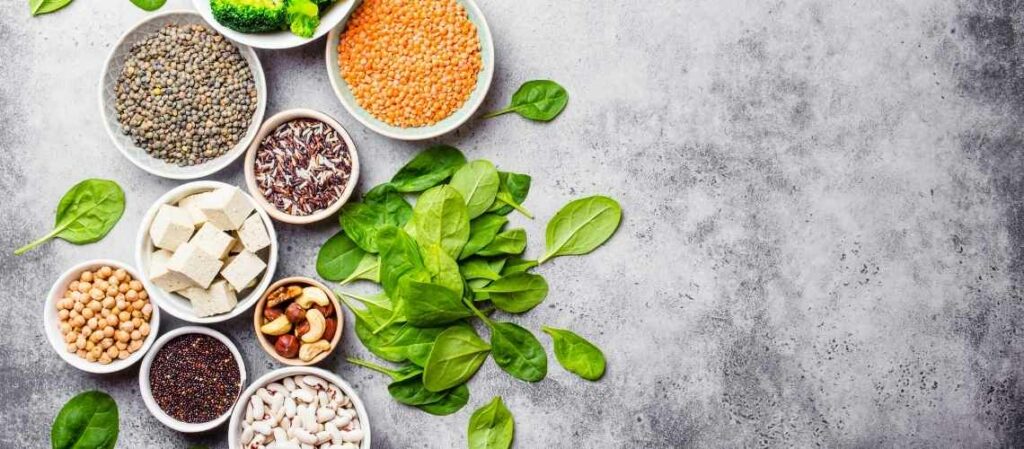For people who are concerned with their nutrition, a vegan diet is a good choice. It is safe for people of all ages and different situations. It is important to note that the needs of a person’s body can change with time. For example, pregnant women and nursing mothers need a high-quality diet for their growing bodies. Young children and infants need the correct nutrition too, and it is important to talk to your pediatrician before considering a vegan diet as their needs are more specific than for adults.
Depending on your needs, you may need to add a Vitamin B supplement to your diet to help maintain healthy blood cells. If you lack this vitamin, you may experience fatigue, pins and needles, and other symptoms of B12 deficiency. Vitamin A comes in two forms: preformed vitamin A (from animal sources) and provitamin A carotenoids (from plants). The animal form is more bioavailable. A multivitamin can provide these nutrients and iron.
It is also important to get suitable amounts of calcium. Calcium is important for bone health, as it is a component of every cell in your body. B12 and zinc are also important nutrients for absorption. You can find calcium in animal-based foods, as well as in legumes and seeds. To get the right amount of calcium, eat dark green vegetables and take calcium fortified drinks.
This vitamin is essential for the production of red blood cells in the body. A vegan diet that lacks this vitamin may result in anemia, which can lead to irreversible damage. However, most non-meat sources of vitamin B12 contain this essential mineral.
Studies have shown that vegans tend to have lower blood pressure, cholesterol, and other diseases than meat-eating counterparts. However, vegans must make sure they have adequate amounts of protein, calcium, and omega-3 fatty acids in their diet. As a result, they may experience a reduced risk of cardiovascular disease, diabetes, and type 2 diabetes.
Vitamin B12, otherwise known as cobalamin, is essential for healthy nervous system function and the production of red blood cells. Vitamin B12 deficiency can result in neurological symptoms, balance issues, and cognitive problems. Taking a weekly supplement with 2000 micrograms of B12 can help avoid this issue.
Iodine is another important mineral that you should include in your diet. Despite the fact that this mineral is naturally present in many foods, some vegans don’t get enough of it through their diets. Seaweed and iodized salt are excellent sources of iodine.
MONTHLY WINE SAVINGS
Subscribe & Save
By signing up to our monthly mailing list you are welcoming the latest news, wines and savings directly into your inbox.



